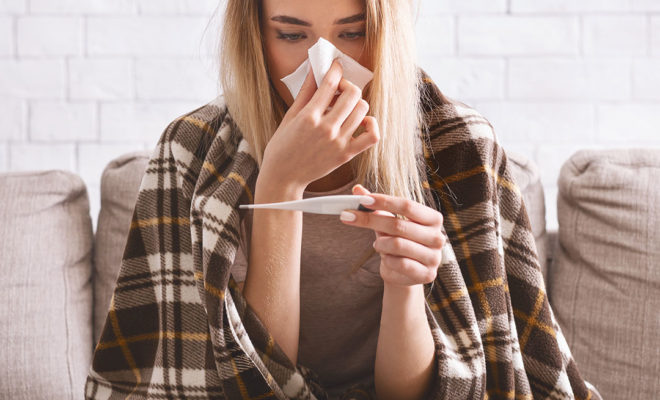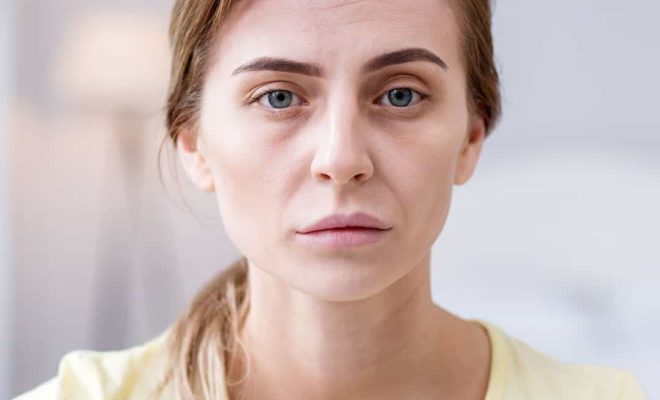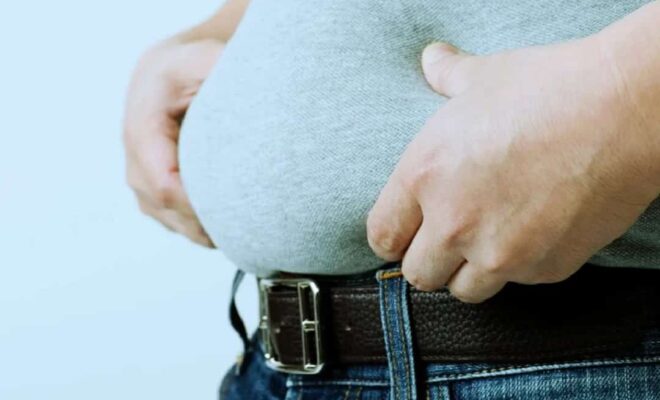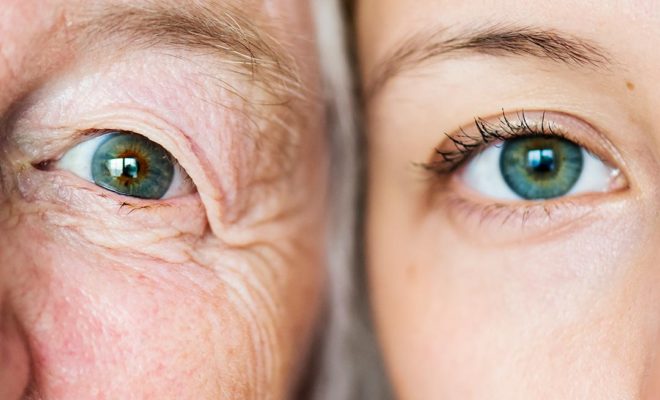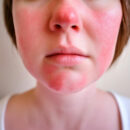Who Should Get the Pneumonia Vaccine?
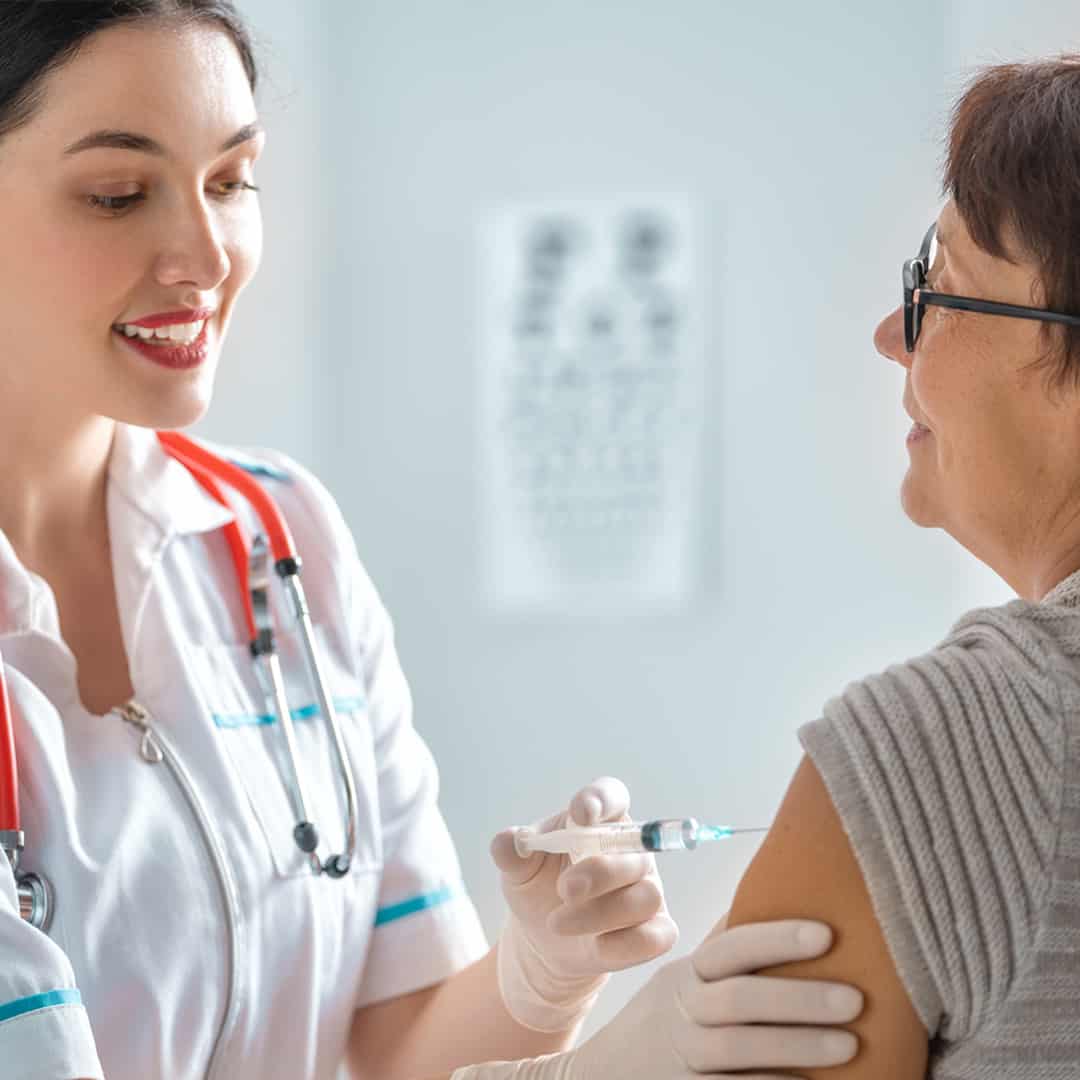
Pneumonia vaccine is a type of vaccine that protects individuals against serotypes of the bacteria called Streptococcus pneumoniae. Pneumonia can occur due to many different bacterial, viral, or fungal infections, but Streptococcus pneumoniae is the most common pathogen that causes pneumonia.
Vaccination can provide certain levels of protection against pneumonia, which is one of the most common causes of death in elderly patients in many parts of the world, including our country.
There are two types of pneumonia vaccines used today. These:
- Pneumococcal conjugate vaccine or PCV13 (Prevnar 13)
- Pneumococcal polysaccharide vaccine or PPSV23 (Pneumovax 23)
Although both vaccines protect against the same bacteria, Prevnar is effective against 13 serotypes of the bacteria called Streptococcus pneumoniae. Pneumovax 23 is effective against 23 serotypes of the same bacteria. This is the reason for these numbers used in the names of vaccines.
Although PCV13 provides protection against fewer serotypes, it may be more preferred than the PPSV23 vaccine. This is because the immune effect of the PPSV23 vaccine is short-lived, while the immune effect of the PCV13 vaccine is much longer. A single dose of PCV13 vaccine is considered sufficient for immunity, but PPSV23 vaccine must be repeated at certain periods. Therefore, the use of the PCV13 vaccine has generally become more common lately.
The Centers for disease control and prevention (USA) categorizes people who should receive a pneumonia vaccine as follows:
- All children under 2 years of age
- All individuals over the age of 65
- Individuals over 2 years of age and with certain chronic diseases
- Individuals aged 19-64 and active smokers
Differences in vaccine preferences may be observed between countries and regions. For example, in the USA, it is now recommended that people over the age of 65 be vaccinated with PPSV23 every 5-10 years, instead of routine PCV13 vaccination. Europe's disease prevention unit recommends that individuals over the age of 65 be vaccinated with PCV13 first.
The calendar we follow is as follows:
- children under 2 years old
- those under 65 years of age and
Having a cochlear implant
Having a cerebrospinal fluid leak,
Those with chronic lung disease
Having a previous history of pneumonia
Those with chronic diseases such as diabetes, blood pressure and heart disease,
Those with cancer and immune system problems,
have HIV infection,
Active smoker, - Anyone over the age of 65
People who have not had any vaccinations before Recommended vaccination schedule:
– Single dose of PCV13
– One year later, PPSV23 is repeated, and PPSV23 is repeated every 5-10 years.
(For extra risk groups with cochlear implants, cerebrospinal fluid leakage and a previous history of pneumonia, it is recommended to receive PPSV23 vaccine after 8 weeks instead of one year).
People who have previously received the PPSV23 vaccine Recommended vaccination schedule:
– Single dose of PCV13 after at least one year from the vaccination date
OR
– PPSV23 is repeated every 5-10 years.
In people who have received the PPSV23 vaccine, the vaccine must be repeated at intervals of 5-10 years. For people over the age of 65, calendaring is done every 5 to 10 years, depending on whether there is a chronic disease after the first vaccination and risk stratification (individuals with chronic diseases, whose immune system does not work effectively and who are at high risk, every 5 years, and individuals with lower risk every 5 years). They should repeat the vaccination every 10 years).
We observe that our people have become more aware of pneumonia, especially since there is a Covid-19 epidemic today. The pneumonia vaccine does not protect you against the type of pneumonia caused by Covid-19, because these vaccines were developed to make you immune to pneumonia caused by the bacteria called Streptococcus pneumoniae. Covid-19 is a virus called SARS-CoV-2 and has no sensitivity to this vaccine. However, in vaccinated people, it can prevent opportunistic bacteria from causing pneumonia during Covid-19 infection.
In addition to the pneumonia vaccine, it is also very important for people in the risk group to get the flu vaccine every year in order to protect themselves from seasonal flu epidemics and to avoid more serious complications that may occur during the flu.


